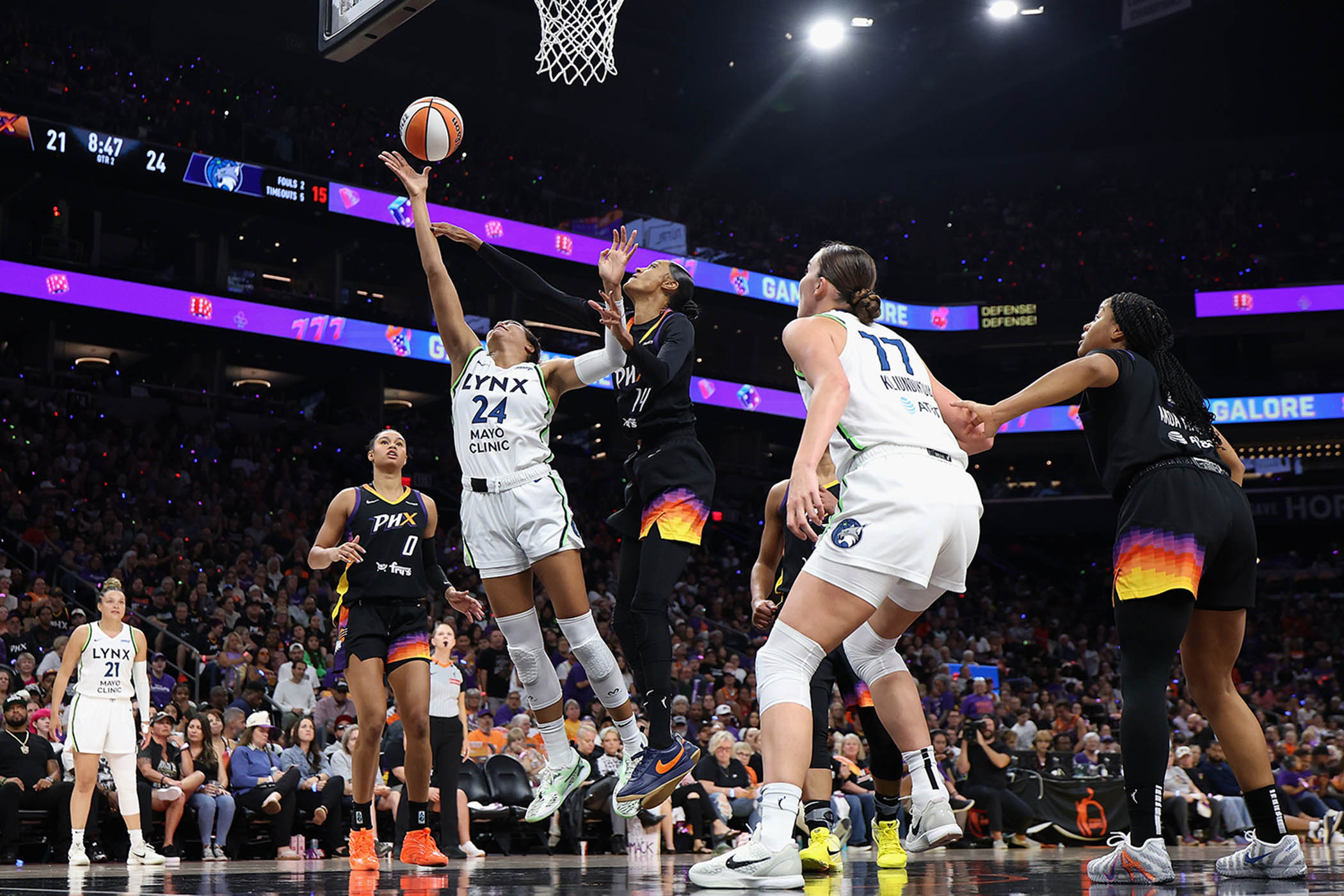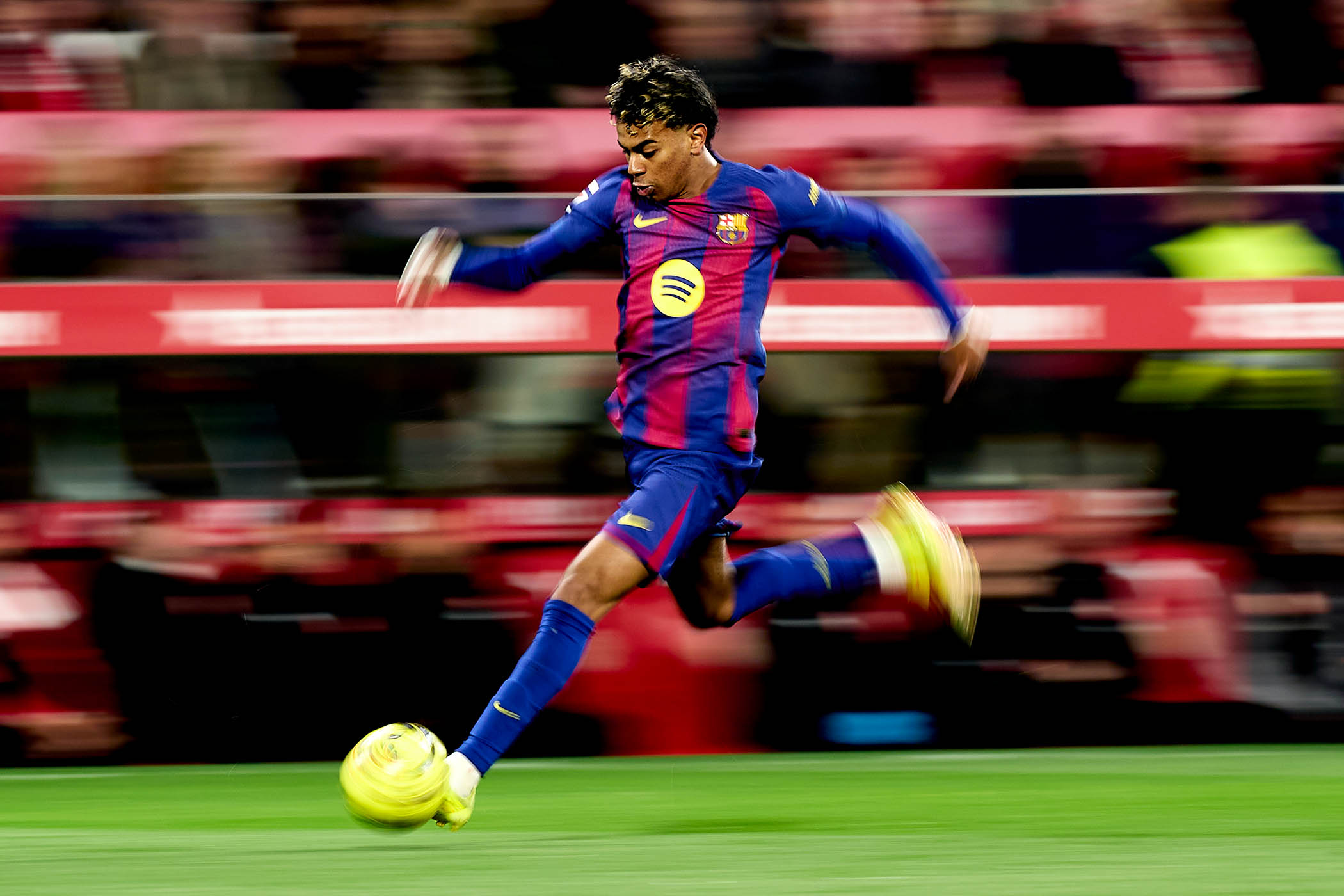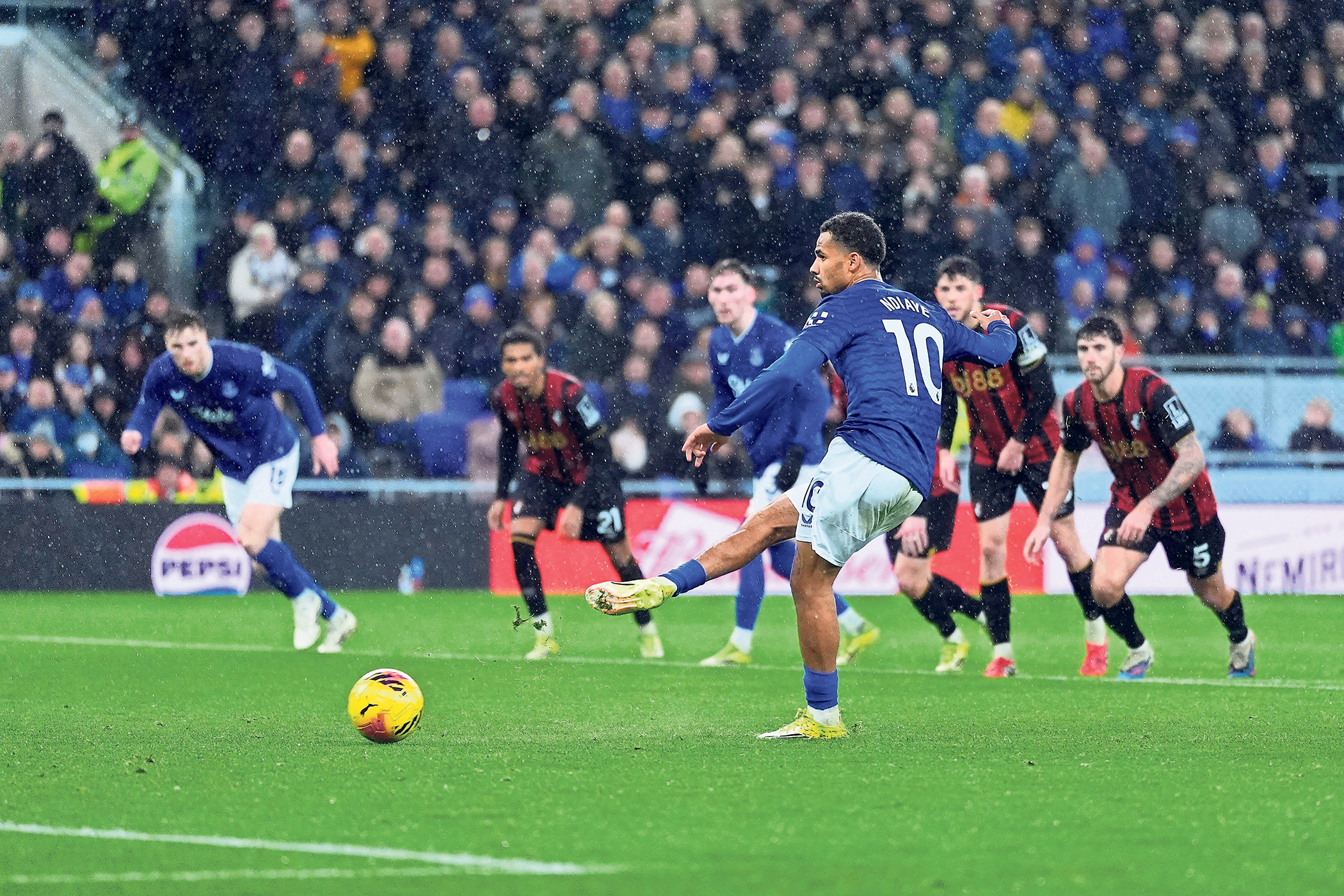Sometimes in basketball, time stops. As the clock ticked down in Game Three of the WNBA finals, A’ja Wilson grabbed the ball. Her Las Vegas Aces team had blown a 17-point fourth-quarter lead that would have put them one win away from the title. But Wilson, who was named this year’s MVP for a record fourth time, was not about to let that happen. She contorted her body past the desperate Phoenix Mercury players and shot. The ball rolled round the rim before dropping in. That’s what all-time greats do.
The Aces went on to win Game 4 on Friday night to become WNBA champions, their third victory in four seasons. The conversation in basketball has not been about the Aces’s dominance, though. These finals have been something of a sideshow. Far more entertaining to rubberneck was the war of words taking place between Minnesota Lynx power forward Napheesa Collier and WNBA commissioner Cathy Engelbert.
Collier is the vice-president of the WNBA Players’ Association, who have been negotiating a new collective bargaining agreement with the league. The possibility of doing that before the current one runs out at the end of the month took a significant hit after Collier came out and said that the WNBA has the “worst leadership in the world”, following her side being knocked out of the finals by the Phoenix Mercury. The full four-minute statement heavily criticised Engelbert.
“The real threat to our league isn’t money, it isn’t ratings or even missed calls or even physical play,” said Collier. “It’s the lack of accountability from the league office.”
In a statement, Engelbert said: “I am disheartened by how Napheesa characterised our conversations and league leadership, but my commitment to the players and to this work will not waver.” Collier later cancelled a planned meeting with Engelbert for this week.
With the deadline approaching, there is a real risk that the WNBA has a first-ever lockout – in which the league could withhold work from the players and potentially even cancel the 2026 season – just as it heads into a record-breaking broadcast deal which will make it the most lucrative women’s sports league in the world.
The 11-year deal worth $2.2bn (£1.6bn) is a key point of contention between the players and Engelbert. Engelbert points to it as evidence that she is doing a great job. The players point to it as evidence that they should be being paid far more. Professor David Berri argued in the The New York Times that based on WNBA revenue, if players were paid the way NBA stars are, maximum salaries would rise from $250,000 (£187,000) a year to $4m.
Low salaries continue to be an issue, as the WNBA pleads poverty. That is becoming harder to take at face value as broadcast money and expansion fees roll in. Ticket sales are up year on year as players like Caitlin Clark and Angel Reese have become international stars. Clark’s Indiana Fever jersey was the second highest-selling kit across the NBA and the WNBA in 2024. But one of Collier’s most incendiary claims was that Engelbert had told her that players like Clark should be grateful to the league for giving her a platform.
As well as being the Player Association vice-president, Collier is also the co-founder of Unrivaled, a 3x3 basketball league that she founded with two-time WNBA MVP Breanna Stewart. Unrivaled began specifically as a way to tackle the issue of WNBA players having to go abroad to make money during the off-season, with salaries that far exceed what they currently receive during the year.
It is the kind of unique experience that women’s sports breeds. For years, sportswomen have been forced to hustle in order to play, whether through demanding better protections from leagues or spinning off business ideas. In the United States, this is combining with the strong history of sports unionisation to create a powerful adversary for the league. The fact that individuals have increasing recognition only gives them further power to demand what they believe they deserve. Recent wins have included charter flights, and it is hard to imagine there won’t be more to come.
Newsletters
Choose the newsletters you want to receive
View more
For information about how The Observer protects your data, read our Privacy Policy
The success of Unrivaled only adds to the pressure. There is an obvious conflict of interest from Collier’s point of view given that she is invested in an alternative basketball competition that would no doubt benefit if there was a lockout. At the same time, it is the players who have chosen Collier to represent them, and Unrivaled’s success is evidence of what a basketball league can offer players and fans. For years, league administrators have told players about the impossibility of women’s sport being financially viable in a way that would allow them to be paid properly or receive the kind of benefits their male equivalents do. Being able to lift the curtain by running your own league is a tough reality for administrators to fight against.
How the WNBA administration deals with this could have extreme long-term consequences. A lockout could impact the broadcast deal, the incoming expansion teams in Toronto and Portland, and the income of the players. Momentum is everything in women’s sport and while loyal fans will no doubt stick it out, they risk being unable to capitalise on the casual viewer.
When Wilson took hold of the ball in Game 3, time was running out. That’s true for the league’s leadership too.
Photograph by Christian Petersen/Getty Images



